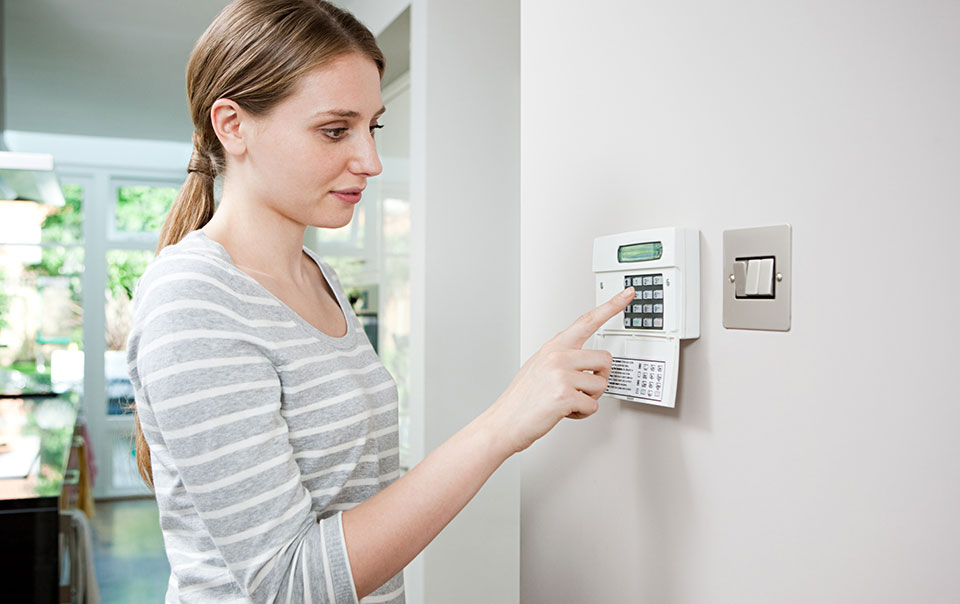How You Can Prevent Common Home Emergencies From Happening To You

Home emergencies can come in many forms, and they often happen at the worst times. The best remedy for home emergencies is prevention. Here’s how to protect you and your loved ones from unfortunate circumstances.

Fire is one of the most common home emergencies, and some die from these incidents each year. Your home should have at least one smoke alarm on each level. Test the alarms monthly, replace the battery at least once a year and dust it often. Smoke alarms generally need to be replaced every ten years. Cords and wires should not be placed in high traffic areas, under rugs or over nails to prevent electrical fires. If an appliance begins to spark, makes strange noises or begins to have an uncommon smell, it should be unplugged immediately and replaced or repaired. Newer appliances in older homes also need to be carefully monitored, and an electrician should be called for an inspection or for any occurrences such flickering lights or a short in the circuit breaker.
Even a minor leak can result in major damage if not taken care of. Prevent this issue by watching for yellow spots and peeling paint in the roof, quickly fixing leaky faucets, checking for warm spots in the floors and never overloading dishwashers and washing machines. Annual check-ups of older appliances are important to find leaks in the basin and hose, and plumbing systems should be checked periodically for leaks. Washing machine hoses need special care because of the pressurized water in the hoses. A burst hose could flood a room with water, even when the machine is not running. Water pressure should never be set to over 100 psi in the home. A water pressure gauge should be installed to monitor levels and a pressure-reducing valve can also be used to bring pressure back to normal. Be sure to talk to experts at Custom Services to take care of plumbing emergencies before they cause more damage to your home.
Many families are a victim of home theft. Install a door with a deadbolt lock that has a minimum 1-1/2’’ bolt and place key locks on double-hung windows. Sliding glass doors should be secured to prevent easy entry. It may sound simple, but always lock doors upon exiting your home and never hide keys on the outside of the home. Install a home security alarm, trim any greenery that hides windows and doors and make sure your house number is clearly visible to police. Inquire with your neighbors about joining or starting a Neighborhood Watch program and keep the neighborhood uninviting to thieves by making sure all street lights work properly and removing abandoned cars.
Taking steps to prevent common home emergencies can save you hundreds or thousands of dollars of damage. It’s important to make sure your home is safe for you and your family.
